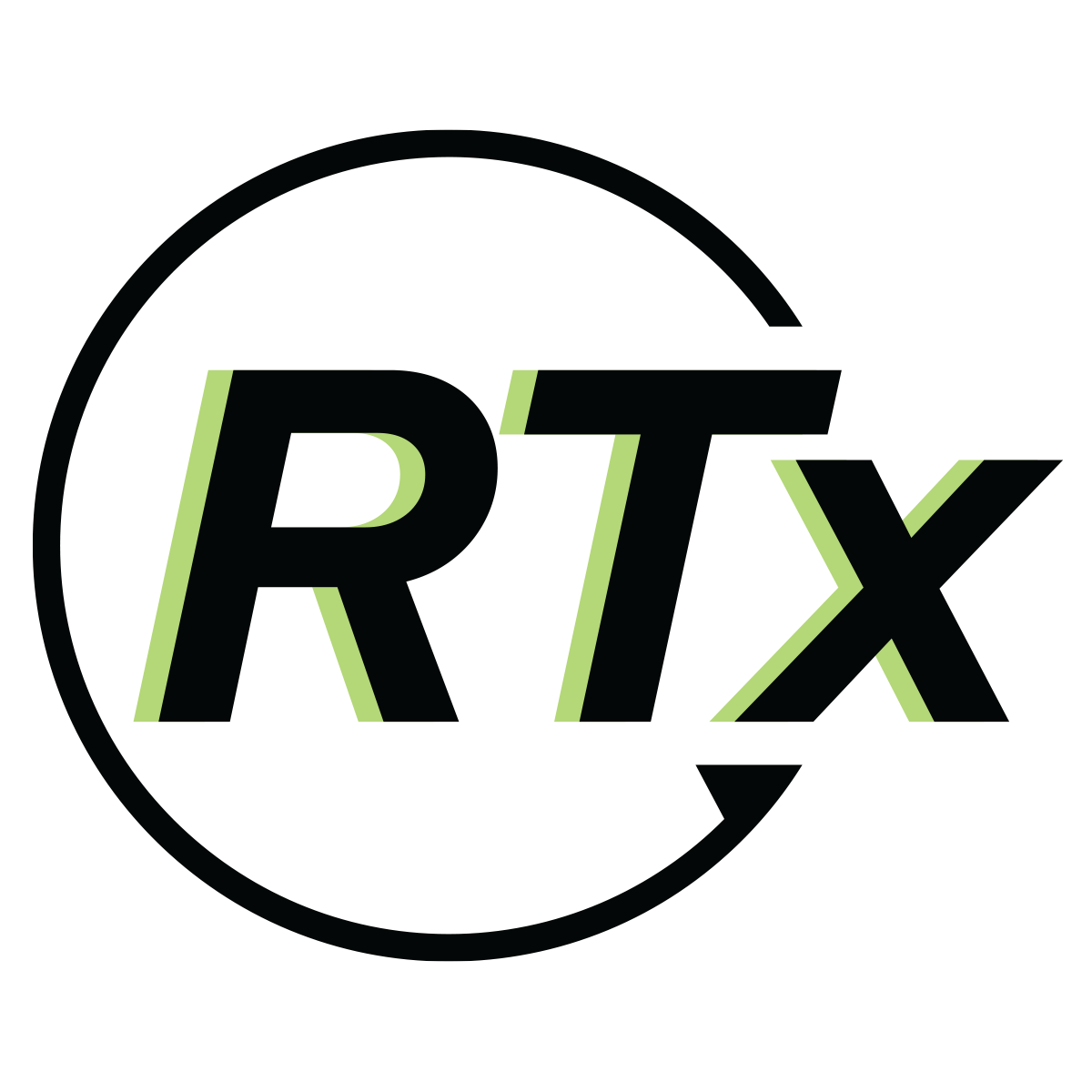Current Research
We are collaborating with researchers at Boston University School of Medicine and University of Massachusetts Medical School to conduct a secondary analysis of the National Survey on Drug Use and Health. We hypothesize that psychedelic use protects against methamphetamine use disorder.
See our full proposal below:
Clinical Research Proposal
The Association of Psychedelic Use and Methamphetamine Use Disorder
INTRODUCTION
Methamphetamine use disorder (MUD) is a chronic relapsing condition that can lead to other physical and psychiatric diseases, including anxiety, psychosis, memory loss, dental problems, weight loss and skin sores.1,2,3,4 Furthermore, it is associated with homelessness, intimate partner violence, crime, and family disruption.5,6 There are no FDA-approved drugs for treatment of methamphetamine use disorder.
There is growing evidence that psychedelic drugs administered in conjunction with psychotherapy can effectively treat substance use disorders. The NIH recently awarded a group of researchers $2.4 million USD to investigate the therapeutic potential of psychedelics to treat methamphetamine use disorder.
In this cross-sectional study, we aim to assess the association of lifetime psychedelic drug use with methamphetamine use disorder.
METHODOLOGY
Data are from The National Survey on Drug Use and Health (2024), an annual survey that examines substance use and health outcomes within a nationally-representative sample of the United States population. Individuals experiencing homelessness, active-duty military members, and currently incarcerated citizens are not surveyed by the NSDUH. We will include all adults aged ≥ 18 years from the NSDUH in our analyses. This study is exempt from IRB review as NSDUH data are publicly available and all methods in this study were carried out in accordance with relevant guidelines and regulations.
Analyses
We will use a similar analytical approach to Jones et al.7 and Pisano et al8. We will use the ‘Survey’ package in R to conduct survey-weighted multivariable logistic regression models that incorporate the complex survey design and weighting included in the NSDUH. We will test the association between classic psychedelics and past year diagnosis of methamphetamine use disorder (dependence or abuse). For any classic psychedelics associated with lowered odds of methamphetamine use disorder (MUD), we will conduct sensitivity analyses to assess the associations between these substances and each of the 11 DSM-V criteria for MUD. This analytical approach utilizes virtually all MUD-related variables in the NSDUH and allows for detailed insight into the associations between classic psychedelics and MUD.
Independent variables and covariates
Our main independent variables will be past-year and lifetime use (yes/no), respectively, of the most frequently used classic psychedelics in the NSDUH: psilocybin, peyote, mescaline, DMT and LSD. We will also include the following demographic factors and substances as a priori covariates within our analyses: sex, age, race/ethnicity, educational attainment, self-reported engagement in risky behavior, annual household income, marital status, criminal behavior, mental health status, psychiatric ED visits and hospitalizations, and past-year or lifetime use of various substances (MDMA/ecstasy, PCP, inhalants, opioids, cocaine, tranquilizers, stimulants, sedatives, and marijuana).
Dependent variables
The main dependent variable will be past year diagnosis of MUD, using DSM-V criteria.
REFERENCES
1 Rusyniak, Daniel E. “Neurologic manifestations of chronic methamphetamine abuse.” Psychiatric Clinics 36.2 (2013): 261-275.
2 Shetty, Vivek, et al. “The relationship between methamphetamine use and increased dental disease.” The Journal of the American Dental Association 141.3 (2010): 307-318.
3 https://nida.nih.gov/research-topics/methamphetamine#long-term
4 Cohen, Adam L., et al. “Methamphetamine use and methicillin-resistant Staphylococcus aureus skin infections.” Emerging Infectious Diseases 13.11 (2007): 1707.
5 Moxley, Victor BA, Taylor H. Hoj, and M. Lelinneth B. Novilla. “Predicting homelessness among individuals diagnosed with substance use disorders using local treatment records.” Addictive Behaviors 102 (2020): 106160.
6 Foulds, James A., et al. “Methamphetamine use and violence: Findings from a longitudinal birth cohort.” Drug and alcohol dependence 207 (2020): 107826.
7 Jones, Grant, et al. “Associations between classic psychedelics and opioid use disorder in a nationally-representative US adult sample.” Scientific Reports 12.1 (2022): 4099.
8 Pisano, Vincent D., et al. “The association of psychedelic use and opioid use disorders among illicit users in the United States.” Journal of Psychopharmacology 31.5 (2017): 606-613.

About Us
Learn about what we do, why, and how.
Advocacy
Read about our advocacy aims and help us reach our goals!


Newsletter
Check out our monthly newsletter where we review cutting-edge scientific studies in psychedelic medicine!
Psychedelic Journal Watch
Sign up for our monthly newsletter where we review cutting-edge psychedelic clinical studies.
